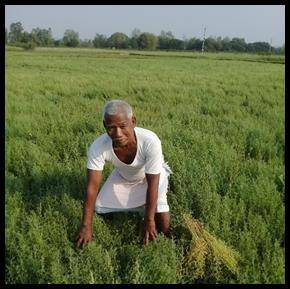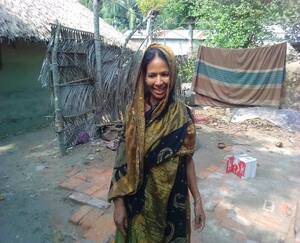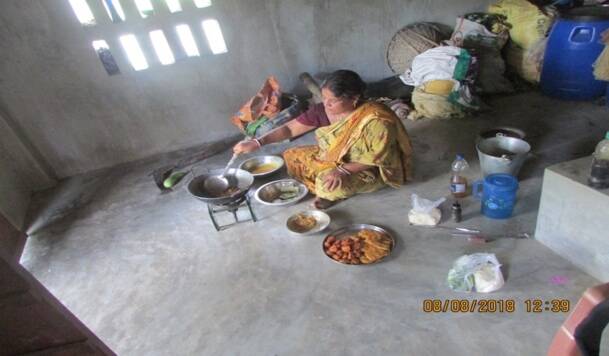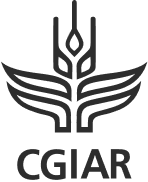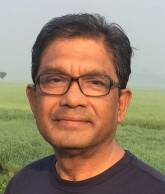Food from fallows: capitalizing on idle land for better food security in South Asia
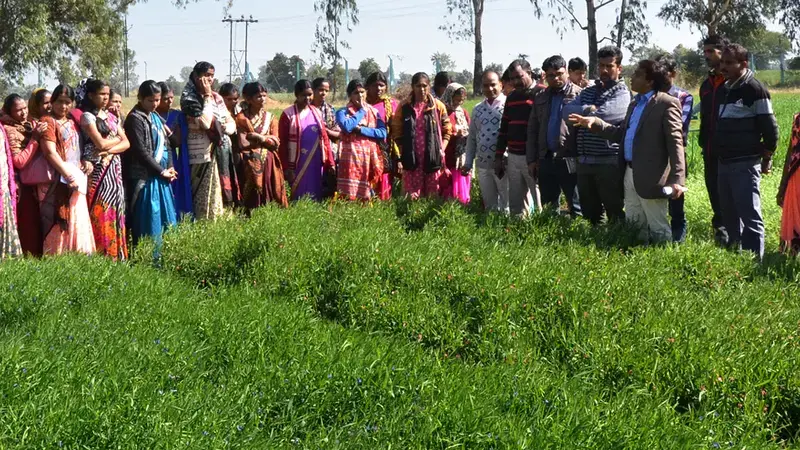
By Ashutosh Sarker
Every year after the rice harvest in South Asia, a vast area of over 15 million hectares lies idle (fallow) until the next rice planting season several months later. The region’s food needs are fast accelerating along with burgeoning populations, so scientists in countries like Bangladesh, India and Nepal think the fallow land could, and should, be used for additional crops that increase farmer incomes and food security.
The International Fund for Agricultural Development (IFAD) turned to ICARDA of the CGIAR network to carry this out. With four decades of agricultural research-for-development (R4D) experience in the region, we have built strong, trusted networks with countries and farming communities so that the science can be we thoroughly field-tested before we ask farmers to adopt it.
In 2016 IFAD launched the “Enhancing food and nutritional security, and improved livelihoods through intensification of rice-fallow system with pulse crops in South Asia (Bangladesh, India and Nepal)” project, to research and implement the growing of winter and summer pulse crops between the standard rice crops. The project was implemented by ICARDA through its South Asia & China Regional Program (SACRP) in New Delhi, India for a period of four years (2016-17 to 2019-20) in partnership with a number of national institutions
ICARDA R4D for better farmer incomes
At the ICARDA Research Platform in India, the genetic materials of lentils, grasspea and chickpea were introduced from Morocco and Lebanon through ICARDA’s International nursery network. The materials then went through improved breeding and yield trials to test their productivity and suitability to the South Asia environment at an ICARDA field test site. Once the evaluations proved successful and the national programs released the new crop varieties, farmers associations comprising of 10-15 farmers were formed at village level to participate in Village Seed Hubs (VSH) to train farmers on quality seed production. Seventy-six VSH were established during the four years period across the three countries, producing over 117 tons of certified seeds.
The next step was to distribute the improved pulse varieties of lentil, grass pea, chickpea, mungbean and blackgram and their recommended production technologies through cluster demonstrations. A total of 23,845 smallholder farmers were directly involved in this stage of the program receiving quality seeds and inputs, far exceeding the projected attendance of 15,000 farmers. It is estimated that an additional 150,000 farmers indirectly benefitted through farmer-to-farmer seeds and knowledge sharing. While IFAD targeted farmers under the Tejaswini MP Project were beneficiaries of project outputs.
During supervisory field visits to Tikamgarh district in India, IFAD representatives were delighted to meet nearly 600 farmers in the area to whom ICARDA had provided not just improved lentil seeds but also participatory training platforms and field visits at which they learn and share about the new technologies and associated agricultural approaches. They reported yield nearly 5 times higher than previously, while reducing water consumption, and a shorter growing period. The new variety of lentil are larger than those grown previously so farmers achieve higher prices at market.
During the last four years, the project partner and ICARDA organized events attracted a total of 12,513 farmers who up-graded their knowledge and skills on improved pulse production technologies. The farmer field days showed immense response and attracted a huge number of enthusiastic farmers keen to grow new pulse varieties in fallow lands. Simultaneously, 7,355 women were also trained on value addition, processing and packaging, most of them are associated with Self-Help Groups (SHG).
Scaling up for wider benefits
The project has proved immensely successful. Not only did farmer collaborator numbers far outstrip expectation, but so did the yields when the new approach was correctly executed. Ensuring availability of all required technological and policy options and a viable input supply chain, a conservative estimate of rice-fallow lands Bangladesh could produce 219,000 tons of bonus pulses where previously nothing was grown, Nepal an additional 100,000 tons of pulses, and India could gain an extra production of 1.05 m tons of pulses.
In short, the region can significantly reduce imports from external markets and support the national economy, while the increased availability of pulses in daily diets would be highly beneficial to the local communities. As well as this, the extra income has gone towards other essential requirements such as buying medicines, cloths, schooling, and better housing.
Farmers doing it for themselves
The program was implemented with long-term continuation of the activities in mind. Inputs, technology, and knowledge sharing are key to this long-term sustainability, acting as a bridge between the farmers and the technology out-scaling where farmers will continue to have access to the solutions to their problems. Most importantly, farmers are now aware that a bonus crop as well as rice is possible.
Fallow land is a clear profit-making resource of millions of hectares lying unused for farmers worldwide. Traditional agriculture, in the face of intensifying climate change, is at best allowing farmers in vulnerable regions to scrape by, while at worst, it is failing and putting unsustainable pressure on whole regions. With little concerted global action on climate and population issues that have been predicted for decades, agriculture must urgently turn to sustainable and effective approaches that ICARDA, and its umbrella organization CGIAR advocate. Why? Because they work.
ICARDA extends its gratitude to IFAD and its committed local partners, Govt. institutions, Agricultural Universities and national NGOs across Bangladesh, India and Nepal:
Bangladesh:
- Bangladesh Agricultural Research Institute (BARI), Gazipur
- Bangladesh Institute of Nuclear Agriculture (BINA), Mymensingh
- BIVA, national NGO, Jessore
Nepal
- Nepal Agricultural Research Council (NARC), Kathmandu
- FORWARD, national NGO, Bharatpur
India
- Bidhan Chandra Agricultural University (BCKV), Mohanpur
- Visbha Bharati University (VB) , Santikekatan
- Tagore Society for Rural Development (TSRD), national NGO, Rangabelia
- Indira Gandhi Agricultural University , Raipur
- NIRMAN, National NGO, Odisha
ICARDA is part of CGIAR, the worlds largest agricultural innovation network
---------
Dr. Ashutosh Sarker is ICARDA Head of ICARDA-Food Legume Research Platform, Coordinator and Food Legume Breeder, South Asia and China Regional Program

